Science
Science - Statement of curriculum intent
‘Science makes people reach selflessly for truth and objectivity; it teaches people to accept reality, with wonder and admiration’ – Lisa Meitner
At All Cannings School, our ambition is that all pupils are scientists. They are equipped with the necessary skills that enable them to achieve their aspirations and have the confidence to use and apply them. The three major scientific disciplines are pervasive in everyday life; we believe that it is imperative that children have an understanding of the world around them and the functioning of its various components.
From the moment pupils join us at All Cannings, we strive to ignite and fuel a lifelong curiosity, passion and keen interest in the sciences. When they join us in Reception, we focus on their understanding of the world and their observations of what is happening around them. As well as promoting curiosity, we encourage pupils to care for living things within their environment. We actively challenge pupils’ thoughts and ideas about how and why things work in the way that they do. Throughout their early development, we encourage our budding scientists to observe change and question the reasons for it.
As pupils move into Key Stage One (KS1), the focus shifts towards the development of scientific skills, vocabulary, knowledge and understanding across the scientific disciplines. We provide the opportunities to increase pupils’ science-related cultural capital, linking their learning to real-life contexts and STEM careers.
As they enter Key Stage Two (KS2), All Cannings scientists further expand their skills, knowledge and both acquisition and application of key vocabulary. Whilst being introduced to increasingly complex scientific concepts as they progress through KS2, we challenge our scientists to use their science capital to make plausible predictions, effectively plan and carry out experiments, and critically analyse their results.
At every possible opportunity, we challenge pupils to make connections between their learning at school and the mechanics of the real world.
We achieve this by providing a rich, diverse curriculum underpinned by our school’s Christian values of Wisdom, Generosity, Koinonia, Compassion, Peace and Joy, and linked by our ‘Golden Threads’. This enables every member of the school community to recognise and show that learning makes a difference.
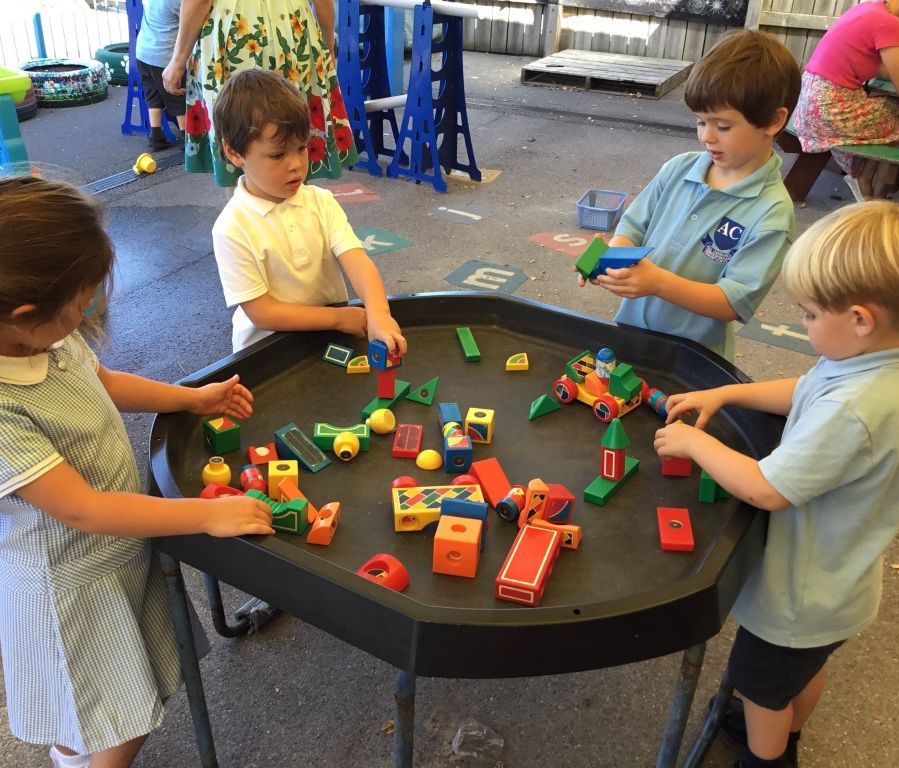 |
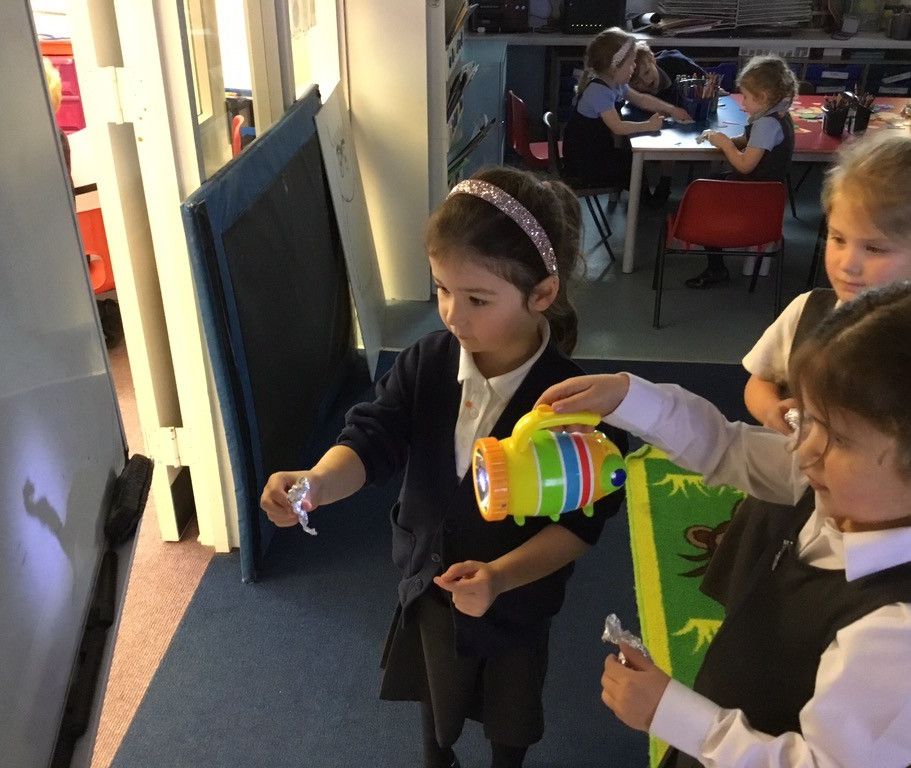 |
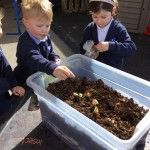 |
Science 2023-24
Implementation
At All Cannings School, the science curriculum has been carefully built to ensure progression through embedding key knowledge, skills and learning opportunities. As we are a mixed year group school, we use a two-year rolling programme to ensure thorough coverage as pupils progress from one class to the next.
Implementation of the All Cannings Science Curriculum is as follows:
- Under the guidance of the subject leader, teachers plan and deliver science lessons on a weekly basis or in blocks, according to their professional judgement regarding the subject content.
- Application of our carefully crafted progression of skills and knowledge documents in line with the National Curriculum expectations.
- As the children progress through the school, they become more proficient and increasingly independent at making predictions, gathering and interpreting data, and making conclusions based on direct evidence.
- High quality teaching and accurate use of new subject-specific vocabulary, and regularly revisit previously taught vocabulary.
- Use of knowledge organisers to embed key learning and vocabulary.
- Pupils are given regular opportunities to work scientifically – where appropriate – whilst embedding and building upon core knowledge.
- Opportunities to make links with our MAT secondary school.
- Cross-curricular links are used e.g. apply maths skills when collecting, presenting and analysing data / applying key English skills when writing up investigations.
Impact
At All Cannings, our successful science curriculum along with the creative, engaging and high quality teaching, equips our pupils with a secure understanding of how the world around them works. In turn, this will ignite their love for science and inspire them to want to learn more and to ask interesting questions.
- Pupil voice is used to assess and celebrate the children’s scientific knowledge, accurate use of relevant vocabulary and their ability to think, reason and question logically and with confidence.
- When science is a driver for a given termly topic, we use memory maps to form low-stakes ‘quizzes’, which form part of our formative assessment and a method of identifying misconceptions. When appropriate, we use blank knowledge organisers to formatively assess pupils’ learning at the end of a given unit.
- As part of our monitoring schedule, we plan timely book looks across the school to ensure quality provision and high standards, and to celebrate pupils’ work. This allows us to monitor progression and breadth of knowledge.
Science 2022-23
Progression of Skills in Science



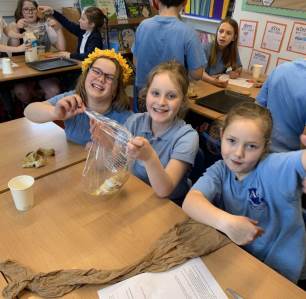
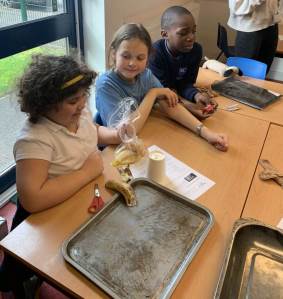
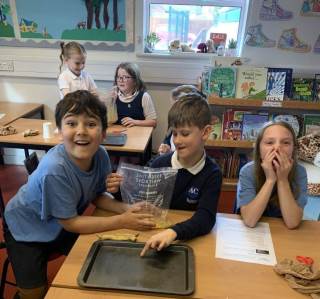
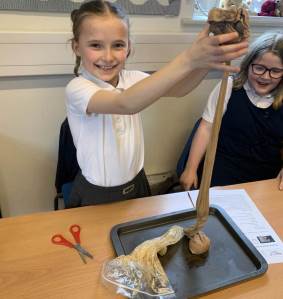
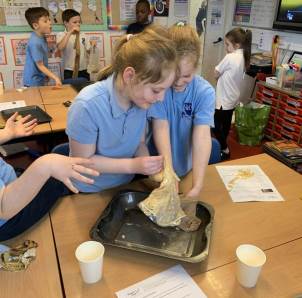
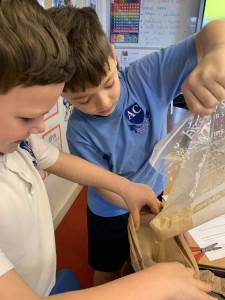
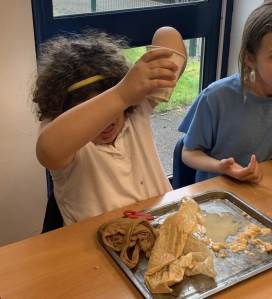
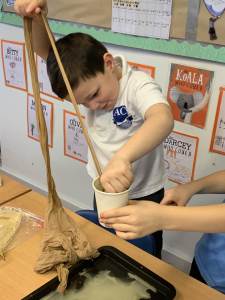
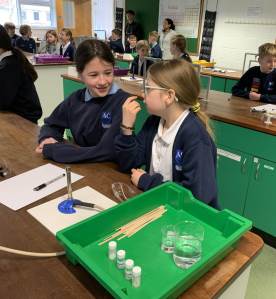
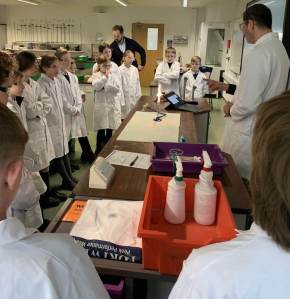
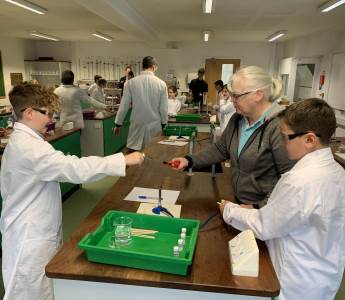
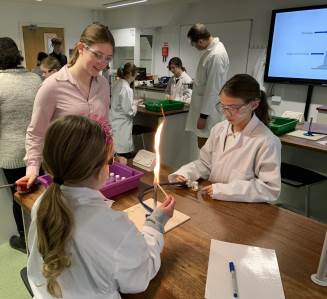
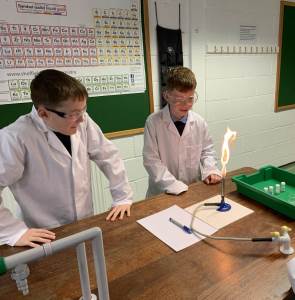
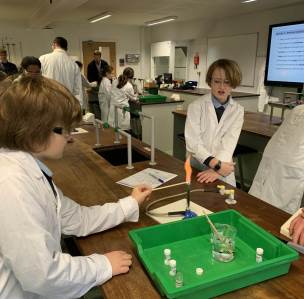
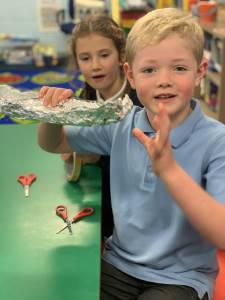
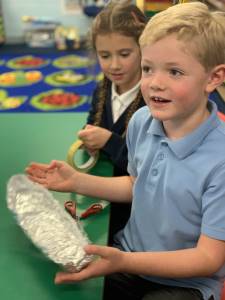
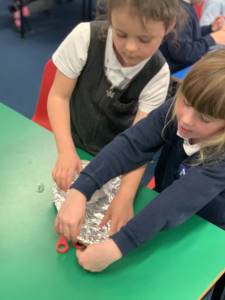
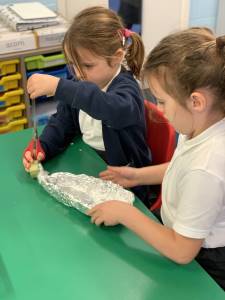
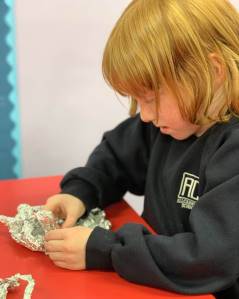
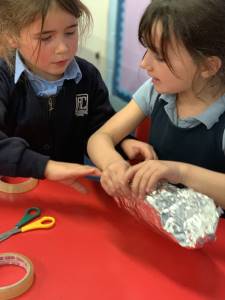
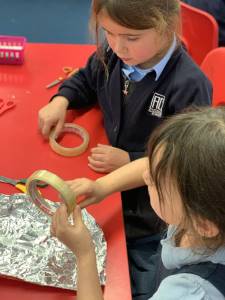
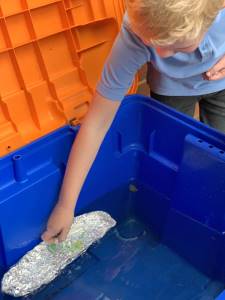
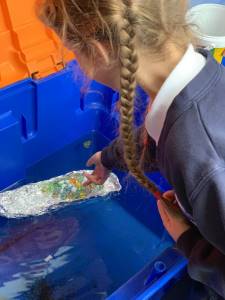
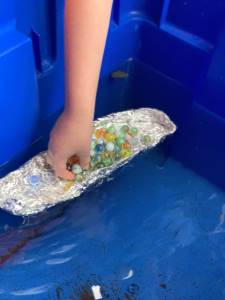
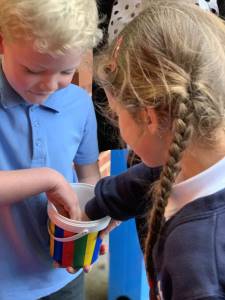
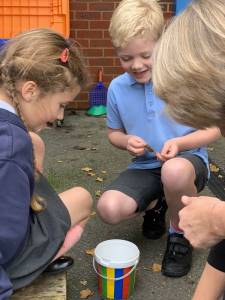
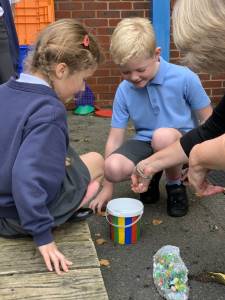
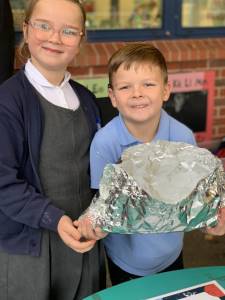
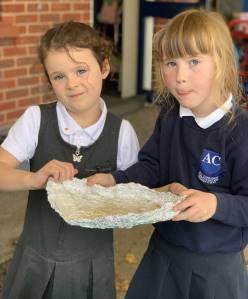
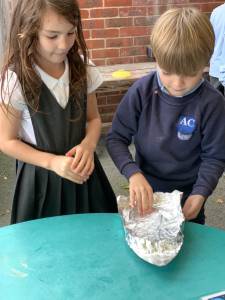
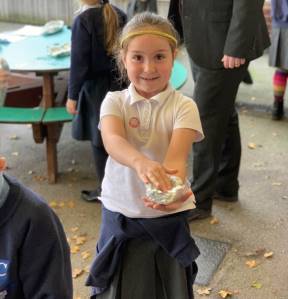
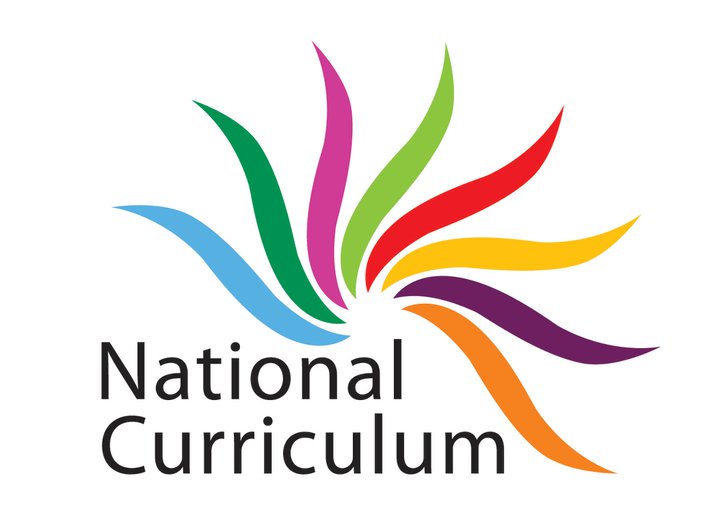
Close